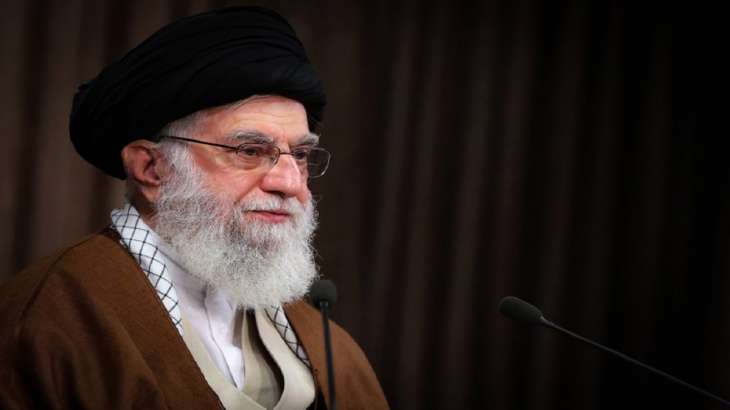
Iran pardons prisoners: In a major development, Iran, which has detained more than 20,000 protesters in the past six months, has freed more than half of the prisoners, a state news agency reported on Sunday. According to media reports, the latest development came after the intervention of Iran’s Supreme Leader Ayatollah Ali Khamenei, who advocated the release of more than ten thousand prisoners.
Notably, this was the first time Iran admitted that it had captured such a large number of its citizens after a massive crackdown last year. The supreme leader imposed some restrictions on protesters and said the latest measures would not apply to those who hold dual citizenship and were arrested in Tehran, according to state news agency IRNA.
Read: Iran hijab controversy: Tehran publicly executes second detainee over alleged protest crime
Furthermore, it was noted that those arrested on charges of espionage would not be pardoned. Activists immediately rejected Khamenei’s decree. Mahmoud Amiri-Moghaddam of the Oslo-based group Iran Human Rights wrote, “Khamenei’s hypocritical apology doesn’t change anything.” “Not only must all protesters be released unconditionally, but it is also a public right that those who ordered the bloody repression and their agents be held accountable.”
Why is Iran witnessing one of its biggest and most violent protests ever?
Iran has been on the boil since the murder of 22-year-old Iranian woman Mahsa Amini, also known as Zina Amini, in police custody. Initially, she was detained by the Morality Police for not wearing a black headscarf (hijab) properly in a public place. A day after her arrest, she was admitted to a hospital, where Iranian police claimed the woman had suffered a heart attack. However, later, several local media reported that the post-mortem report claimed that she died due to multiple fractures. This sparked a major uproar against the then government, where protesters began demanding the death of their own president, Ibrahim Raisi.
Earlier last year, Iran executed a prisoner convicted of allegedly stabbing two members of the security force. The execution, which was broadcast on local television, followed the hanging of Majidreza Rahnavard, accused for allegedly killing two security forces during nationwide protests on 17 November in the city of Mashhad.
Although Iranian officials claimed that Rahnavarad was the second detainee to be publicly executed in the past month, human rights activists claimed that more than a dozen people had been killed since the protests began. Activists claimed that the protesters were sentenced to death in closed-door hearings. So far, the human rights watch group has claimed that nearly 500 people have been killed in the last three months and another 18,200 have been detained by the authorities.